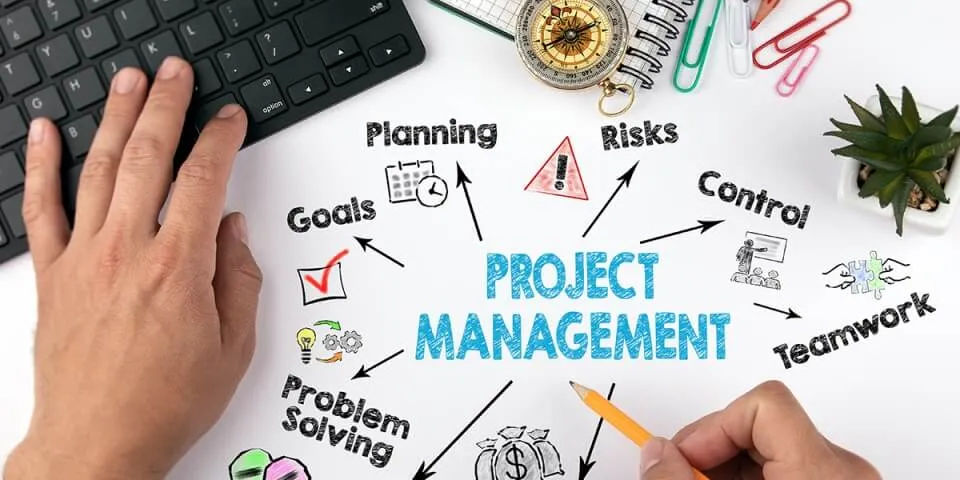Project Management Professional (PMP)
4.7 (253 user ratings)
★★★★★ 4.7/5
Descriptions
Foreplan Consulting Limited offers a comprehensive Project Management Professional (PMP) certification training program designed to equip professionals with the skills and knowledge required to excel in project management. Our PMP training course aligns with the latest PMI guidelines and covers all aspects of project management, from fundamentals to advanced techniques.
Course content
- Overview of the PMP certification process: Gain a clear understanding of the steps needed to achieve PMP certification, including eligibility requirements, application process, and exam structure.
- Tips and strategies for exam preparation: Learn effective study techniques, time management strategies, and test-taking tips to enhance your exam performance.
- Practice exams and question banks: Access a variety of practice questions and mock exams to familiarize yourself with the exam format and identify areas for improvement.
- Introduction to project management concepts: Explore the core principles and terminologies of project management, including project scope, time, cost, quality, and risk management.
- Understanding the project life cycle: Study the different phases of a project from initiation to closure, and understand how to manage each phase effectively.
- Roles and responsibilities of a project manager: Learn about the key responsibilities of a project manager, including planning, executing, monitoring, and closing projects, as well as leadership and communication skills.
- Risk management and mitigation strategies: Understand how to identify potential project risks, assess their impact, and develop strategies to mitigate them.
- Quality management and control: Learn how to ensure project deliverables meet the required quality standards through effective quality planning, assurance, and control processes.
- Advanced scheduling techniques: Study advanced methods for project scheduling, including critical path method (CPM), program evaluation and review technique (PERT), and resource leveling.
- Principles of Agile methodologies: Explore the fundamental principles of Agile, including iterative development, continuous improvement, and customer collaboration.
- Implementing Agile practices in project management: Learn how to apply Agile practices such as Scrum, Kanban, and Lean in managing projects to enhance flexibility and responsiveness.
- Agile project management tools and techniques: Discover various tools and techniques used in Agile project management, such as user stories, sprint planning, and retrospectives.
- Real-world project management scenarios: Analyze case studies of successful and unsuccessful projects to gain insights into best practices and common pitfalls.
- Analysis of successful project management strategies: Learn from the strategies used by successful project managers to deliver projects on time, within scope, and budget.
- Lessons learned from project failures: Understand the reasons behind project failures and how to avoid them in future projects.
Course Delivery Options:
- Instructor-led Training: Participate in in-person or virtual classes conducted by experienced instructors who provide personalized guidance and support.
- Hybrid Learning: Enjoy the flexibility of blended learning with a mix of online and in-person sessions.
- Workshops and Master Classes: Engage in intensive, hands-on sessions focused on specific project management topics to deepen your understanding.
- Coaching and Mentoring: Receive one-on-one guidance from industry experts to address individual challenges and goals.

This course includes:
- 62 hours on-demand video
- Full lifetime access
- Access on mobile and TV
- Free Webinar
- Certificate of completion
share it :
